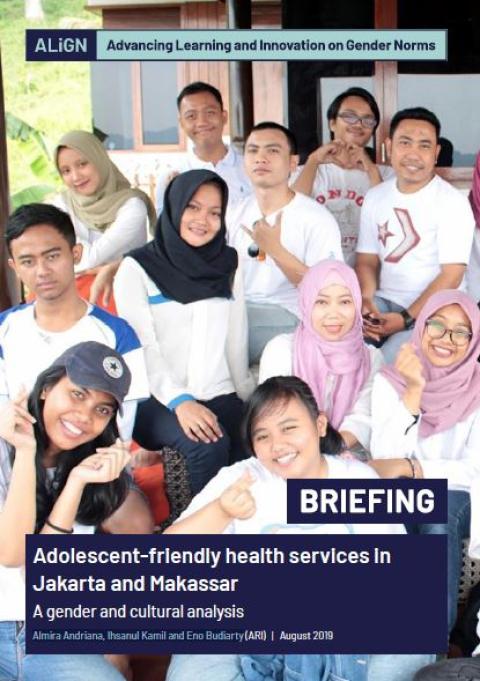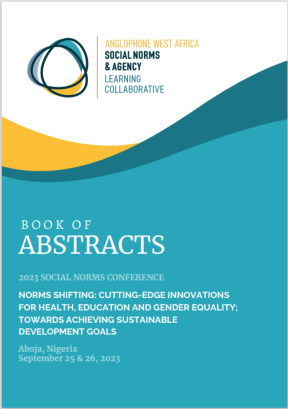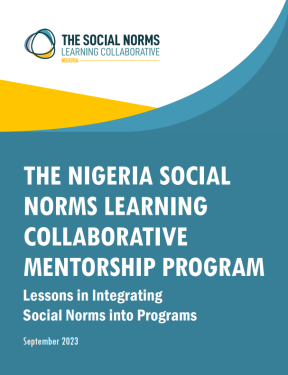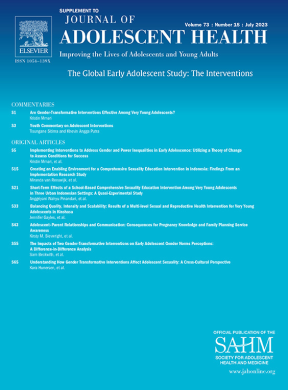- Briefing paper
- 7 August 2019
Adolescent-friendly health services in Jakarta and Makassar - A gender and cultural analysis
- Author: Almira Andriana, Ihsanul Kamil, Eno Budiarty

This research was undertaken as part of ALIGN’s Research Fund which supports small-scale action research or research translation projects focused on advancing knowledge and evidence on gender norms across a wide range of contexts.
Key messages
- In 2003 Indonesia’s Ministry of Health (MOH) established the youth-friendly health services programme Pelayanan Kesehatan Peduli Remaja (PKPR) to operate at government-run community health clinics (Pusat Kesehatan Masyarakat, PUSKESMAS) at the sub-district level. However, more than 15 years since the programme was launched, only around 50% of PUSKESMAS have integrated PKPR services. The number of adolescents who have used the services also remains low.
- A key challenge for some young patients in using the PUSKESMAS is the geographical distance to clinics, which requires that they pay transportation fares. In addition, despite guidelines on ensuring accessibility of services, young people face barriers such as inconsistent and inconvenient operating hours in different clinics. Other challenges include the irregular rotation of trained PKPR staff and the recruitment of untrained staff which results in most PKPR personnel having insufficient skills to provide adolescent-friendly health services.
- This qualitative research used a ‘mystery patient’ approach, in-depth interviews and focus group discussions to assess the behaviours and beliefs of providers of youth-friendly health services. Only some providers were rated as acceptable by youth.
- Among those adolescents who are able to access PKPR services, many report experiencing verbal abuse, judgement and stigma due to gender bias, a lack of respect for adolescents and beliefs that youth are unable to make their own decisions about their health issues. These attitudes are held not only by many health providers but also by support staff.
- Most personnel were found to be influenced by religious norms and personal values that can result in discrimination against youth. This is particularly true for girls who are trying to access services relating to issues such as unwanted pregnancies.
- The Ministry of Health should develop a standard training module and more detailed guidelines that cover gender-sensitive services. Gender experts from non-governmental organisations (NGOs) and other organisations should also provide trainings to ensure that staff treat adolescents in a respectful, fair and friendly manner, and that staff do not pass judgement based on their own cultural or religious beliefs.
- PUSKESMAS should strive to implement the minimum requirements set out in PKPR guidelines to at least ensure that consultation rooms are available, that the capacity and skills of personnel fit with national standards, and that clinic hours fit with the common schedules of adolescents around schooling.
- Crucially, adolescents should be involved in the planning, monitoring and evaluation of the PKPR programme to ensure better service provision by PUSKESMAS as well as better service uptake by youth.
- Tags:
- Health, Adolescence, Funding round 1
- Countries / Regions:
- Indonesia
Book/Book chapter
25 September 2023

2023 Social Norms Conference Book of Abstracts
Authors: Anglophone West Africa Social Norms and Agency Learning Collaborative
Case study
15 September 2023

The Nigeria Social Norms Learning Collaborative Mentorship Program: Lessons in integrating social norms into programs
Author: W. Douglas Evans
Journal article
1 July 2023

The global early adolescent study: the interventions
Author: Kristin Mmari